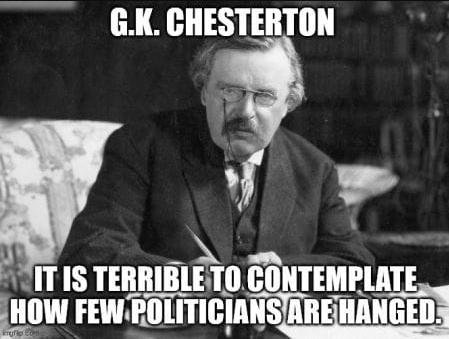Chris Selley is in two minds about the ArriveCAN scandal, in that thus far no minister has been implicated but we all may naively assume that the civil service was better than this sort of sleaze:
It’s tempting to want to forget that ArriveCAN, the federal government’s pandemic travel app that collected dead-simple information from arriving travellers and forwarded it to relevant officials for scrutiny, and that somehow cost $54.5 million — a figure no one has come within 100 miles of justifying, and don’t let anyone tell you differently. No one wants to remember the circumstances that supposedly made ArriveCAN necessary.
One could also certainly argue there are aspects of Canada’s pandemic response more desperately needing scrutiny. So, so many aspects.
But whenever the House of Commons operations committee sits down to investigate ArriveCAN, there are fireworks. And you start to think, maybe this godforsaken app is more key to understanding Canada’s pandemic nightmare than you first thought.
The latest blasts came on Tuesday, when Cameron MacDonald, director-general of the Canada Border Services Agency (CBSA) when the pandemic hit, alleged Minh Doan, then MacDonald’s superior and since promoted to chief technological officer of the entire federal government — pause for thought — had lied to the committee on Oct. 24 with respect to who picked GCStrategies to oversee the ArriveCAN project.
Doan told the committee he hadn’t been “personally involved” in the decision. MacDonald, who says he had recommended Deloitte build the app, says that’s garbage. “It was a lie that was told to this committee. Everyone knows it,” he said. “Everyone knew it was his decision to make. It wasn’t mine.” MacDonald said Doan had threatened in a telephone conversation to finger him as the culprit, and that he had felt “incredibly threatened”.
Crikey.
For those who’ve blissfully forgotten, GCStrategies consists of two people who subcontract IT work to teams of experts and takes a cut off the top — in this case a cut of roughly $11 million, for an app that should have cost a fraction of that, if it was to exist at all. Needless to say, that wasn’t the only fat contract GCStrategies — which, again, is two men and an address book — had received from the government over the years. Each GCStrategist made more money off ArriveCAN than I’ll likely make in my life. It makes me want to strap on a bass drum and sing “The Internationale” in public.














